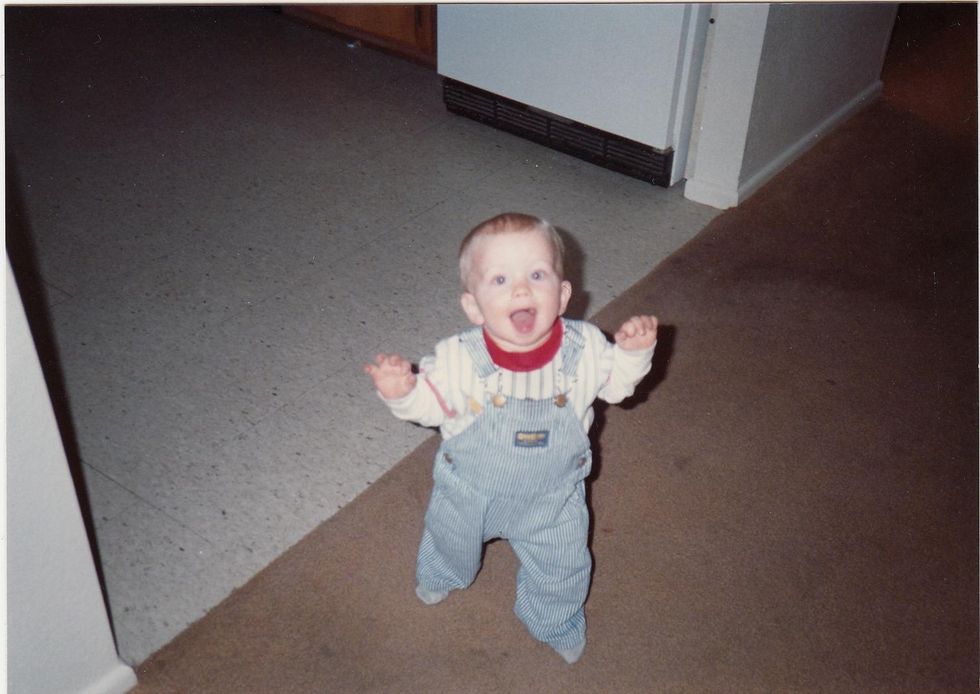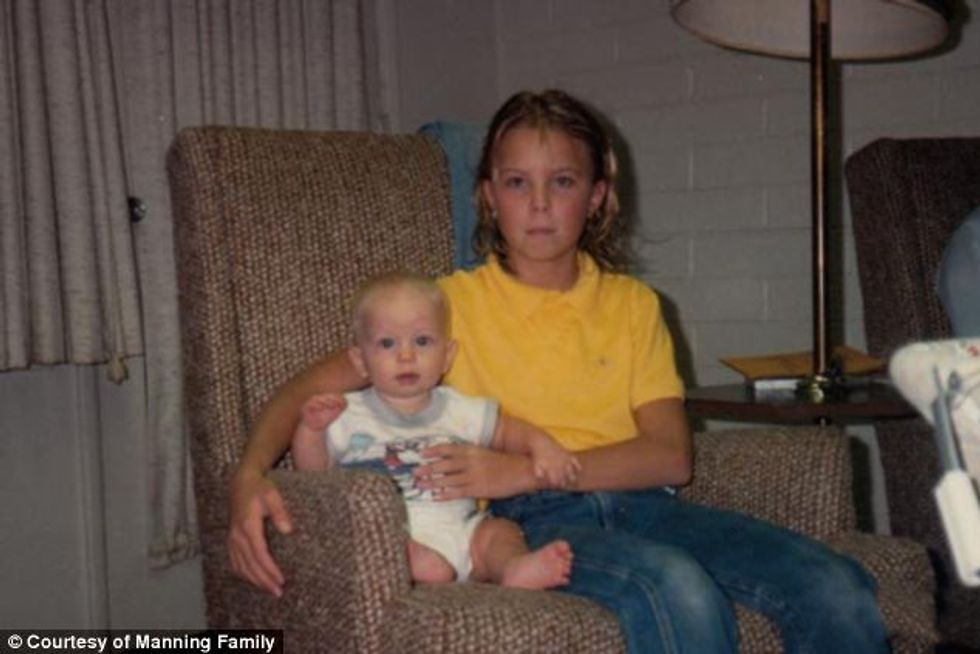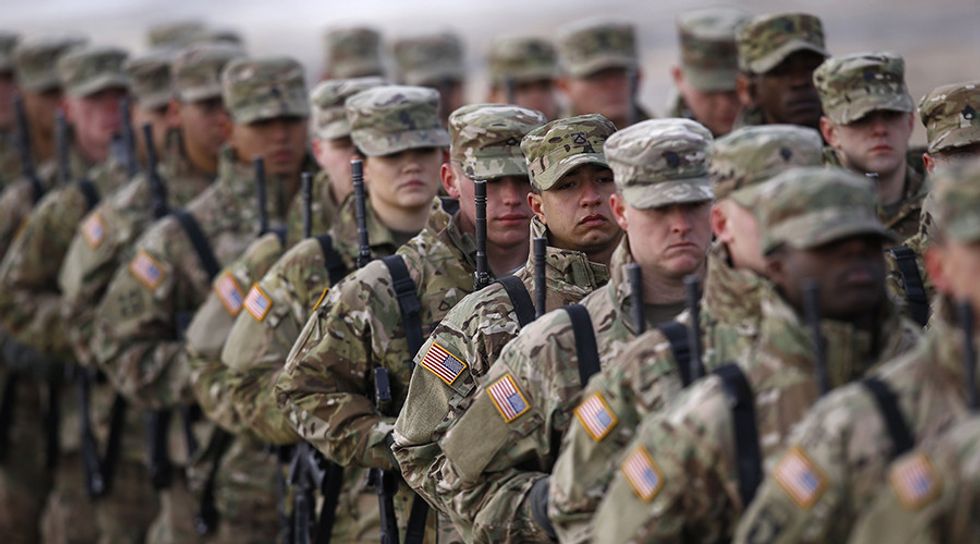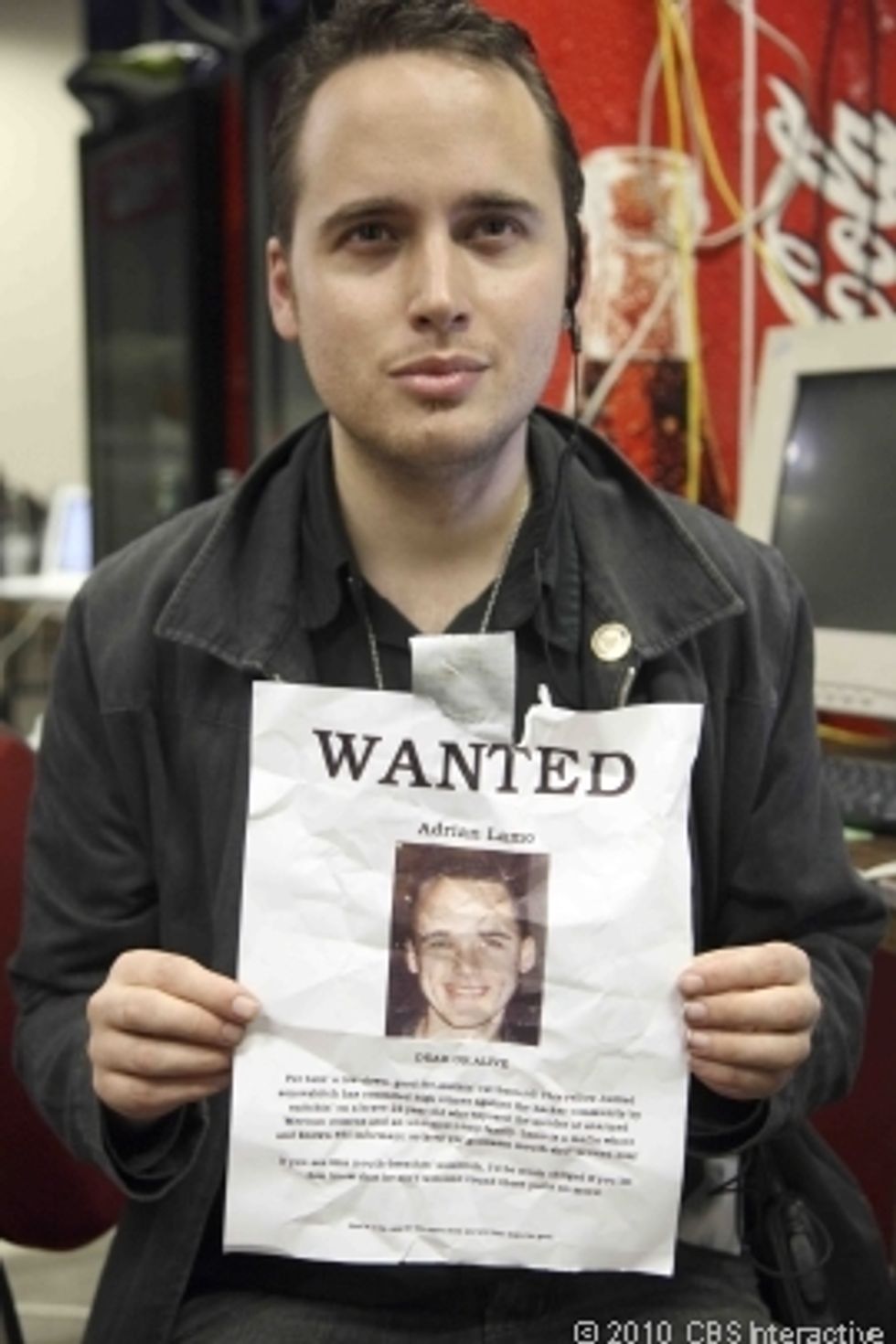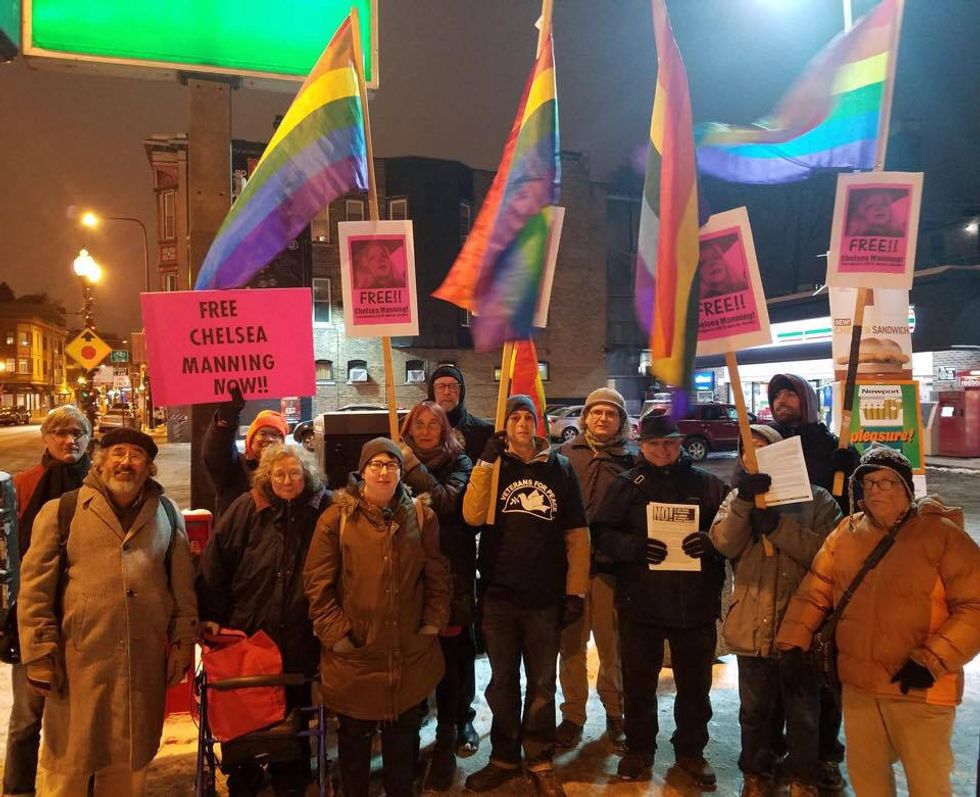On January 27th, 2017, in the last days of President Barack Obama, Chelsea Manning, the longest serving military whistleblower to date, was granted clemency. Many rejoiced at the news that Chelsea's 35-year sentence was now to be commuted. While Chelsea has only been free for a short time now, her influence in and out of prison has spread far. Manning not only revealed information to the public regarding moral wrongdoings by the US government, she is also the first prisoner to be approved for gender-affirming surgeries. But, where did this trans trailblazer come from? What was her prison experience like? What is she doing now? Here, you'll find everything you need to know about Chelsea Manning.
1. Chelsea did not have an easy upbringing.
Chelsea Elizabeth Manning was born in Crescent, Oklahoma on December 17th, 1987. Chelsea lived on a five-acre estate with her father Brian, mother Susan, and older sister Casey. Brian and Susan were both severe alcoholics. Casey Manning has reported that her mother Susan drank throughout her pregnancy with Chelsea. Chelsea was fed only milk and baby food until she reached the age of two, depriving her of all the nutrients she truly needed. Navy psychiatrist Captain David Moulton noted later that Chelsea’s facial features resembled those of individuals with fetal alcohol syndrome. Chelsea spent most of her early childhood fighting off bullies at school and fending for herself at home, playing with computers, whilst her mother drank and father traveled for work. Neighbors often provided extra food or money for Chelsea out of pity and the Mannings were considered a troubled family.
2. Chelsea was a child of divorce and addiction.
When Chelsea was at the young age of 13-years-old, her parents divorced. Soon after the divorce, Susan Manning attempted suicide in front of her children. In reaction to this traumatic event, Brian Manning remarried and Susan relocated herself, along with Chelsea, to Haverfordwest, Wales. Chelsea's hopes of a fresh start were quickly dashed as she became the subject of incessant bullying due to the fact that she was the sole American in her secondary school, as well as her “effeminate” attributes. Chelsea had outed herself to a limited number of close friends in Oklahoma as gay but felt that there was no one she could trust in her new hometown.
3. Chelsea enlisted in the US Army to fight off homelessness and gender dysphoria.
At 17-years-old Chelsea moved back to the States to live with her father. Chelsea’s relationship with her stepmother proved to be tumultuous, violent and forced Chelsea out of the home. During this time, Chelsea roamed the country only stopping to sleep in her truck. Her father worked to convince her that the army would be the best career path for her. Chelsea enlisted in the U.S. Army in September of 2007 in hopes of pleasing her father and in and attempt to avoid the confusion she was experiencing surrounding her gender identity. During her training she was severely bullied for being smaller and openly gay, Manning was eventually transferred to somewhere that would play to her strengths and began training as an intelligence analyst. At this time she also became acquainted with Boston's hacker community.
4. Chelsea's deployment to Iraq was detrimental to her mental health.

5. Chelsea's involvement with Wikileaks spurred from deep moral conflict.
In January of 2010, Chelsea became acquainted with Julian Assange of Wikileaks. Chelsea admired the work he had done to expose the government's moral wrongdoings. Chelsea began to amass thousands of documents, later known as the Iraq War Logs and the Afghan War Logs, private cables from the State Department, and assessments from Guantanamo prisoners. Manning first tried to leak these documents to The Washington Post and New York Times, before sending them to the Wikileaks database. Soon after, the organization released a video named "Collateral Damage", provided by Manning, of a helicopter crew shooting at unarmed civilians in Baghdad after confusing a telephoto lens for weaponry.6. Chelsea was turned over to the government by a close friend.
Chelsea was weighted with the information that she was handling and reached out to a fellow hacker, Adrian Lamo, for emotional support. Manning quickly alluded to Lamo that she had been contributing information to Wikileaks. She hoped to find camaraderie in Lamo and he promised her many times that their AOL chats were not “for print”. Lamo discussed his relationship with Manning with two other hacker friends. One of Lamo’s cohorts contacted the United States Army Counterintelligence who contacted Lamo. Lamo then turned over all correspondence with Chelsea Manning over to the FBI. Chelsea plead guilty for storing and leaking military information. She was found guilty of 20 accounts including espionage, computer fraud, and theft; the charges against her for aiding the enemy were eventually dropped. She was sentenced 35 years in prison, the longest sentence ever given to a whistleblower in the history of America.7. Chelsea endured inhumane treatment following her arrest.
On May 27th, 2010, Chelsea Manning was arrested and taken to a detention center in Kuwait where she became highly suicidal and unstable. She was quickly transferred to the Marine Base Quantico in Virginia. Here she was kept in solitary confinement and endured inhumane treatment. Chelsea was not allowed to sleep between five am and eight pm, if she fell asleep she was prodded until she stood up; when she did sleep she was denied pillows and blankets. Her cell was 6 x 12 feet, windowless, containing a bed, toilet, and sink, which she was allowed to walk out of for one hour a day at most. All food was brought to her cell and she remained shackled during visits.8. Chelsea was targeted as a transwoman.
Chelsea was forced to fight not only for her freedom but also the right for her to be respected in her correct gender identity. The day after she was sentenced to her 35 years in prison, she released a statement about her transition. Against Chelsea's request for respect regarding her gender, she was denied Hormone Replacement Therapy (HRT) and was placed in a male prison. It wasn't until 2015 that Manning's request to be recognized as a woman and receive HRT was approved. This did not mean that Chelsea was allowed to live and present as female though. Chelsea was forced to keep her hair at men's regulation length, shower in public stalls with other men, and sleep in only boxers regardless of intense gender dysphoria. Due to this, as well as her denied request for gender-affirming surgeries, Chelsea attempted to take her own life multiple times; for which she was punished with more solitary confinement. While in solitary, Chelsea began a hunger strike that lasted until she was promised that her requests for surgery would be met.
9. Chelsea's release was demanded by the people.
Hopes of Chelsea's pardoning began to wane as President Barack Obama's final term came to a close. But those that believed persisted, and a petition asking for Chelsea's sentence to be commuted received 117,000 signatures. On January 17th, 2017 President Obama granted clemency and set Chelsea's release date for May 17th, 2017. Some (orange politicians) have called Chelsea an "ungrateful traitor" but to the trans community at large and beyond, Chelsea is a beacon of strength. Her determination and inability to stand idle to corruption are the stuff of true American heroes.



